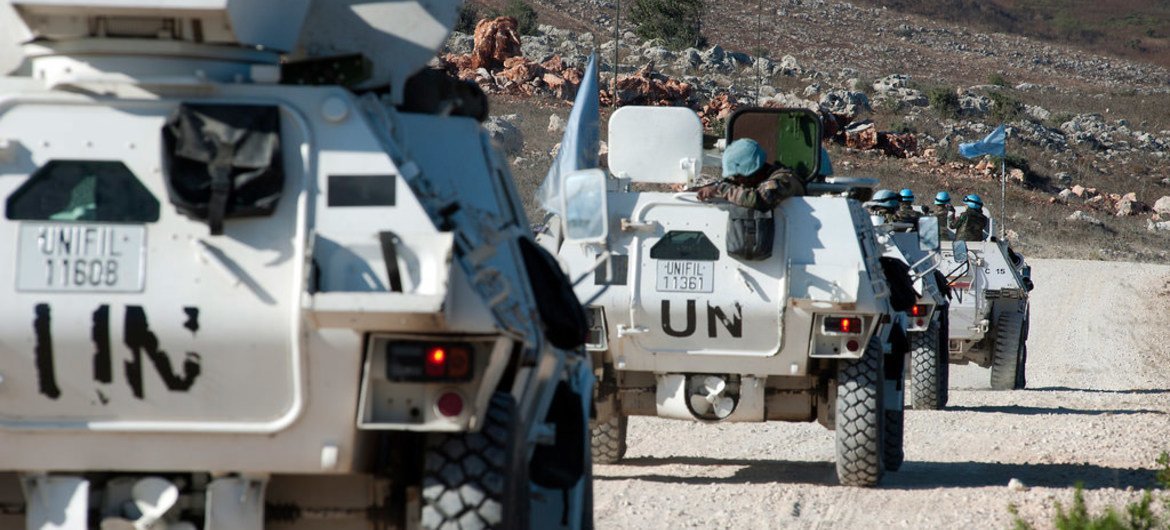
Developments are accelerating in the Gazan field, and with them, the intensity of confrontations in South Lebanon is increasing between Hezbollah and the Palestinian factions on one hand, and the Israeli army on the other, despite being still constrained to the rules of engagement that expanded on the eve of the appearance of the party’s Secretary-General, Hassan Nasrallah, from five kilometers to more than ten kilometers on both sides of the border.
The Lebanese developments concern the interior, Israel, and the outside, especially with the approach of the retirement date of Army Commander General Joseph Aoun on January 10, amid the presidential vacuum and internal clash regarding the necessity of extension for him or appointing a new Chief of Staff to replace him in the leadership position, or handing over the highest rank officer as demanded by the Free Patriotic Movement for many known reasons, mostly dating back to the days of the October 17 revolution, and charging the army leader with the responsibility of keeping the roads closed and accusing him of a coup against President Michel Aoun.
The Strong Republic bloc, sensing the dangerous phase and the army remaining without a leader, proposed a repeated urgent law project to extend the rank of General for one year, which allows the extension for General Aoun in his position. However, the forces’ step did not go down well with the heart of the Speaker of Parliament Nabih Berri, who probably saw it as an opportunity to return the favor to the forces, who have been boycotting the legislation for over a year. Sources close to Berri told “Lebanon Files” website that the Speaker, as he said, does not legislate “a la carte” or on-demand or delivery, indicating that Speaker Berri will soon call for a legislative session with many law projects on its agenda to be discussed and approved, then we will wait and see. The sources reveal to our site that “there is something being cooked between Presidents Nabih Berri and Najib Mikati to prevent a vacuum in the army leadership, but not in the way of Strong Lebanon or the Strong Republic, as neither of them will achieve their goal, and while refusing to assert the extension for Aoun, they suffice by saying maybe”.
With the distribution of parliamentary blocs between participant and boycotter for legislation amid the presidential vacuum, the National Independent Bloc changes its position and joins the boycotters for any extension session. Its sources tell our site that “the position of Marada Movement leader Suleiman Frangieh is clear regarding refusing the extension for the army leader and refusing to appoint a new leader before electing a president for the republic, and thus the bloc’s participation in the session, whether it happened or not, is just a detail as long as the quorum for the session will be ensured”. At this point, the tragedy of keeping General Joseph Aoun in his position gathers between yesterday’s opponents: Marada Movement and the Free Patriotic Movement, which according to its sources, finds difficulty in passing the extension through the parliament gate. The sources tell our site “as we refused the extension for the Director-General of Public Security and for the Governor of the Central Bank in the past, we refuse today the extension for the army leader, indicating working on other solutions under the legal ceiling, which have not been discussed publicly yet, because nothing is final yet, revealing a partnership on this matter between Strong Lebanon bloc and President Nabih Berri, Hezbollah, and the Progressive Socialist Party and other forces”.
In conclusion, positions change and blocs move from one bank to another on the piece, and the only constant remains that Lebanon is in the eye of the storm, and the continuity of the army leadership is more than urgent so that the military institution does not fall, which is the last remaining structure of the state.



